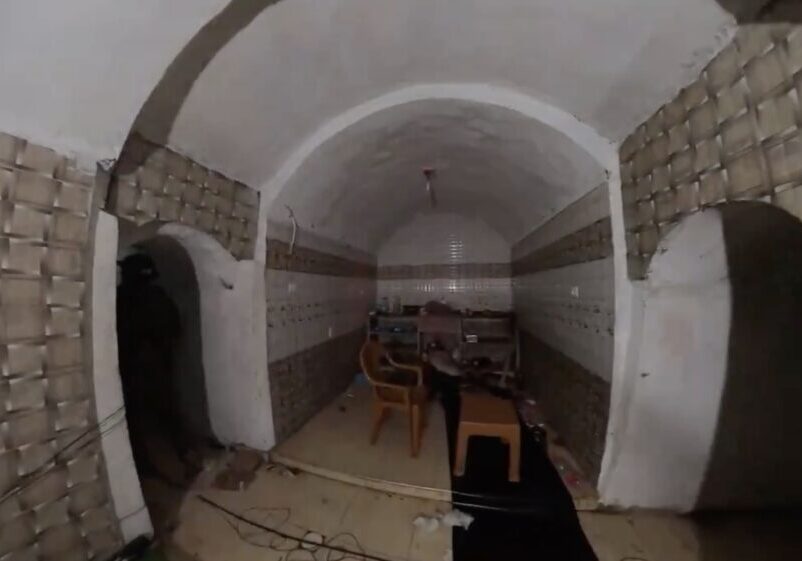Australia/Israel Review
The Last Word: Don’t strip away our Rights
Apr 14, 2014 | Jeremy Jones
Jeremy Jones
Not one, but three wide-ranging inquiries.
Not one, but a body of court cases and judgements.
Not one, but hundreds of resolved complaints.
But only one, potentially disastrous draft piece of legislation.
The debate over the Federal Government’s move to repeal existing laws designed to give victims of racism in Australia some recourse has generated tremendous heat, but little light.
Clearly, issues of racism, free speech and interpretations of the way societies function impact on the heart and soul of our nation.
Which is why the passions have been so intense, but also why it is so important that they are approached armed with knowledge and debated with integrity and honesty.
The first point – which can hardly be emphasised enough – is that there is a status quo in which anti-racism legislation operates and has been operating for almost two decades.
It is the Government enacting radical policy change in this regard, not supporters of the existing Section 18 of the Racial Discrimination Act.
This is well-known to most people leading the public discourse. Yet in many quarters, the perception is current that some unidentified, but pejoratively labelled “social engineers” are trying to foist life-changing restrictions on free speech on a recently awakened Australian populace.
It is not unreasonable to ask the advocates of change to explain why they are driven to strip Australians of rights we have enjoyed for so many years?
The second fact that should be part of every serious discussion of this matter is the fact that the law we enjoy came about after a series of inquiries, reviews and extended political deliberation.
It came about after investigations into anecdotal reports that individuals, or groups of individuals, were harassing, intimidating and otherwise bullying other Australians on the basis of the victims’ perceived race, religion, nationality or ethnicity.
The National Inquiry into Racist Violence not only documented and verified a series of attacks perpetrated by racists around Australia, but also looked at the broader context in which these were taking place.
The lack of recourse for victims, or even clear articulation as to what was and what was not socially acceptable in Australia, was identified as a serious issue.
Unlike most of the people involved in this debate, I have actual knowledge of how the law changed the environment in this country, and how racist extremists responded to it.
I also have been involved in complaints which have been adjudicated, dropped due to the length of time it was taking to settle, conciliated and where perpetrators of racist harassment, defamation and incitement were subjected to court orders.
The law is not perfect, but I doubt any law has ever been perfect.
However, much of the legitimate criticism directed at it has actually centred on how weak the law is, how difficult it is to use, how it hasn’t covered many situations which it appears would have been included in different political circumstances and how under-utilised it has been.
Despite the pop-sociology employed by some who now seek to strip Australians of the right to live free of untrammelled racist harassment and abuse, there is absolutely no evidence to support the view that it came about due to some leftist, post-Marxist social engineers seeking to introduce social division.
Indeed, if those critics had been involved in the debate two decades ago, they would have seen how support for legal change came from across the political spectrum and was not even supported by many self-described progressive organisations – some of whom knew in their hearts that they used racism as a political tool.
There are people who genuinely believe that the best way to combat hate speech is through other speech, but such people have a mountain of self-belief but a paucity of evidence that such a strategy has ever worked, anywhere.
When the debate returns to the real subject – racism and what to do about it – much of the opposition to the existing law is exposed as intellectually barren.
Tags: Australasia






